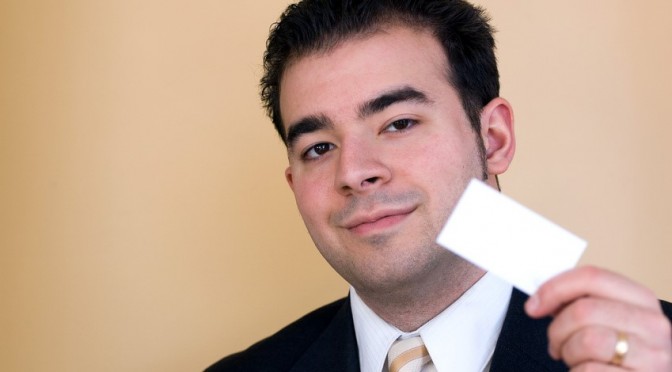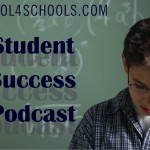 Feeding back: constant, comprehensive & positive feedback
Feeding back: constant, comprehensive & positive feedback
Student Success Podcast No. 7, Nov. 6, 2013
Today’s Guest: none
Bromley discusses the essential process of feedback. Feedback is simple human interaction. And these interactions so define the teacher-student relationship. Students will benefit from understanding their role in this relationship. And teachers, too, need to maintain positive, effective interactions with students.
Feedback, being communicating teacher expectations and assessments, is a critical part of teaching and learning, and the more constant, comprehensive, and positive it is the better students will responds. By positive we don’t mean only good news: but bad news needs to be delivered in a constructive, positive manner that engages student improvement rather than cutting it down.
Bromley reviews strategies and ideas for teacher feedback and how students and parents can engage this process.
Topics Discussed
- Feedback = human interactions
- Feedback is constant
- Every time teachers and students see each other there is feedback
- Students and teachers need to engage in positive relationships
- working on saying hello in the morning
- Goal setting as driving force for positive interactions
- information flow important for focus on goals
- Positive feedback drives goal-setting
- Positive feedback not necessarily about positive things
- student choices based on good information
- student choices rational not emotional
- Raising student awareness
- Setting expectations
- Assessments as feedback
- Effective feedback is constant and positive
- Assignment reporting
- Learning Process: learning is not grades!
- grades measure something, but not necessarily learning
Additional Resources and Links
- Learning Process Flowchart
- Where do grades come from?
- Learning = teacher expectations + student internalization of new knowledge
- Grades = a measurement of something
- the best grading measures learning
- grading does not always measure learning (such as putting your name on the paper, etc.)
Credits
Host: Michael L. Bromley
Original Music by Christopher Bromley (copyright 2011, 2013)
Background snoring: by Stella
Best Dogs Ever: by Puck & Stella

- Puck the hunting dog!
Here for Puck & Stella slideshow
The A+ Club from School4Schools.com LLC, based in Arlington, VA, is dedicated to helping students across the U.S.A. meet their goals and find the academic success the want and deserve. Contact us here or call now to (703) 271-5334 to see how we can help.
 So your child is that smart, a high-riding, high IQ, straight A’s academic cowboy!
So your child is that smart, a high-riding, high IQ, straight A’s academic cowboy!

 I hate my teacher!
I hate my teacher!






